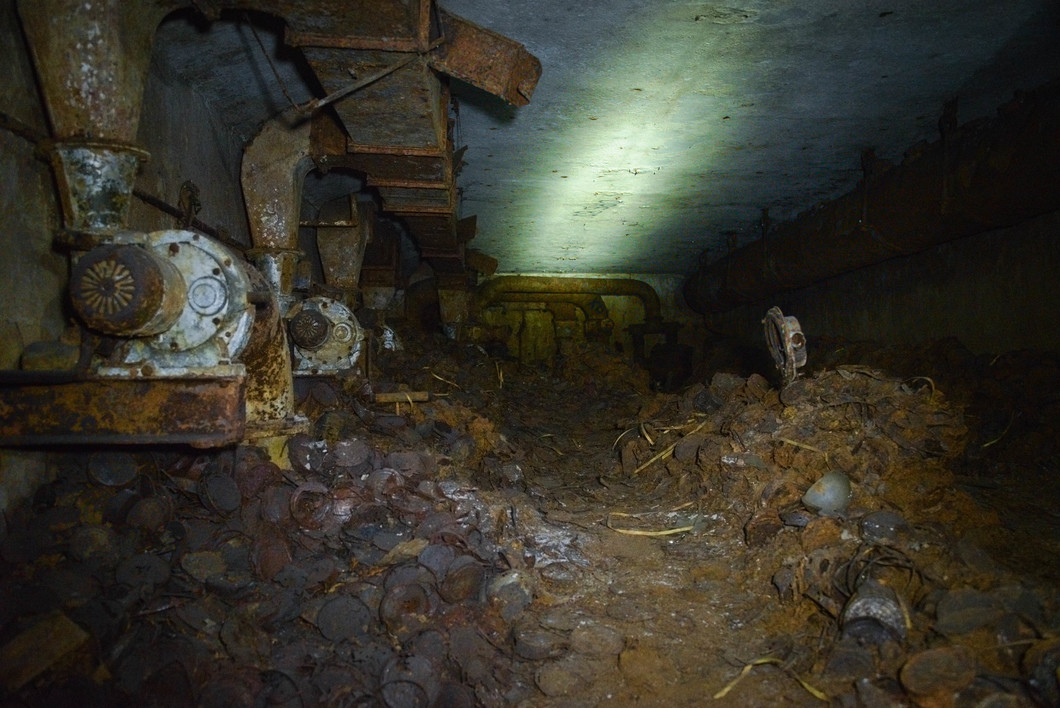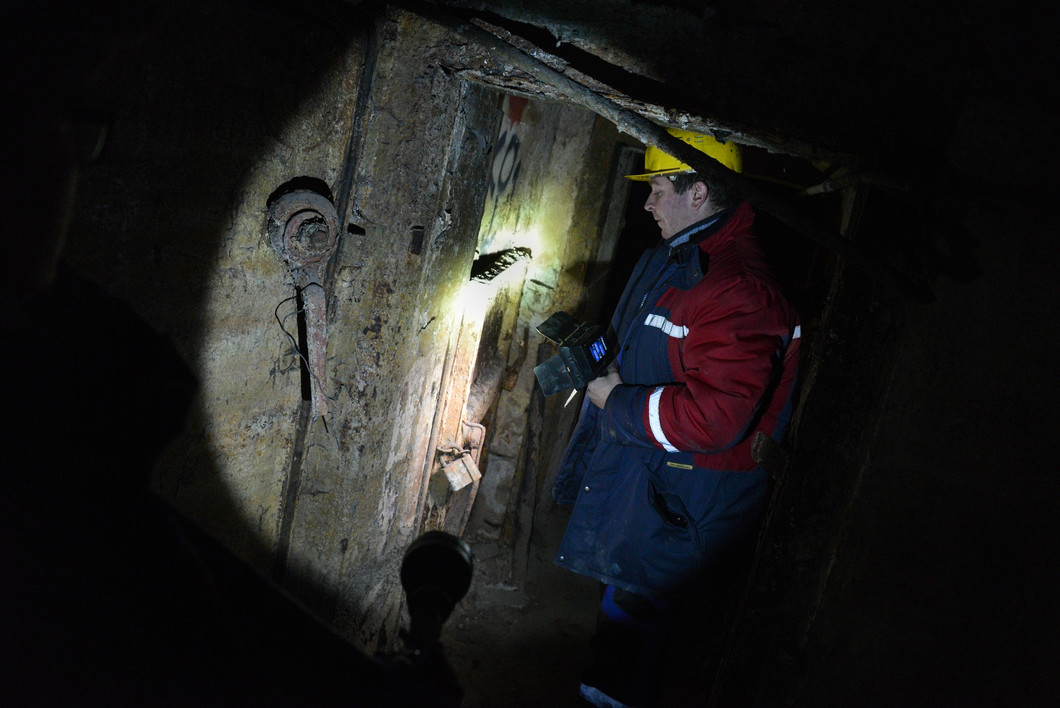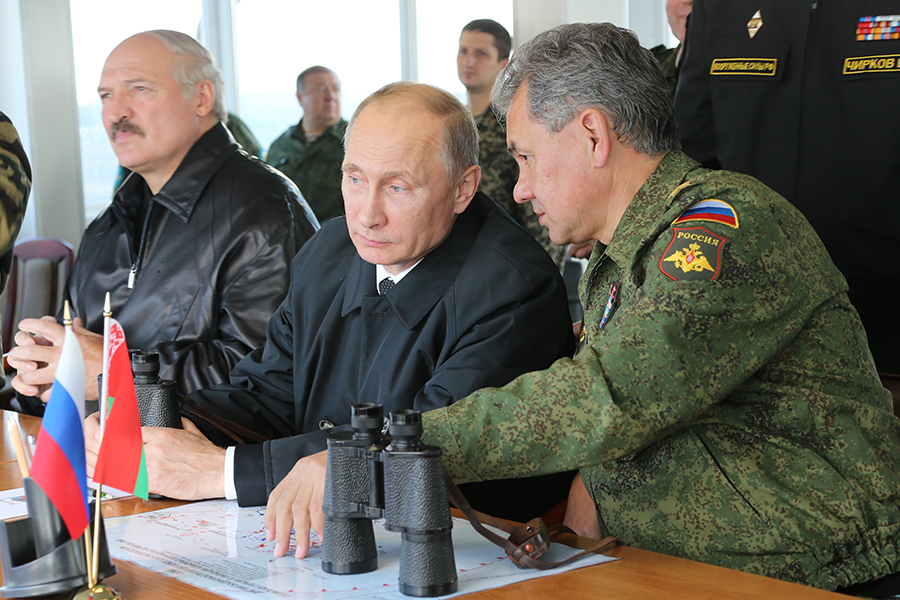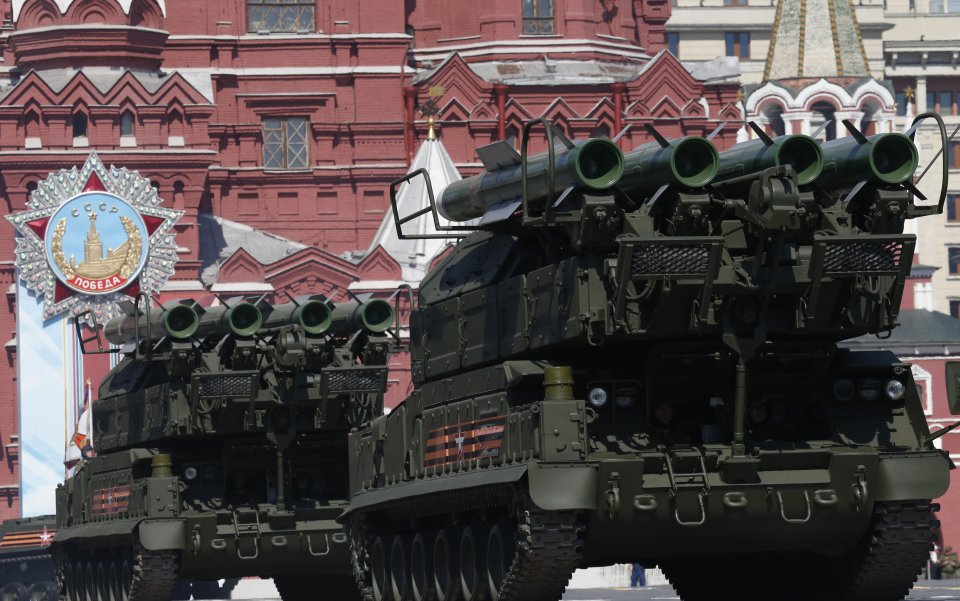The Russian government has proudly announced that it has bomb shelters for all Muscovites in the event of a nuclear strike, but officials involved with maintaining these facilities say that at best they would save only 50,000 to 100,000 of the 12 million residents of the capital in case of a strike with conventional weapons, and none at all if a nuclear strike hit the city.
In today’s Novaya Gazeta, Anna Bessarobova spoke with some of these officials who told her that the bomb shelters that do exist are mostly derelict structures or have been rented out to one of another company, most often automotive service firms or fitness centers.
Mikhail Savkin, head of the Center for Subterranean Research, told the journalist that the situation is so bad that in some places local residents have been asked to make contributions of 500 rubles (about eight US dollars) each to try to bring the facilities up to standard. But in many places, there is no possibility that officials will be able to do that.

Most of the bomb shelters are so old, so small and so out of date that they would provide little protection in the event of a conventional attack and none at all in the case of a nuclear one despite the official existence of a large number of such facilities and the role of the FSB [Russian abbreviation for the Federal Security Service, the largest branch of Russia’s secret police descended from the Soviet KGB – Ed.] in overseeing them.
“The main bunker of Moscow is the metro,” Savkin says. “A megalopolis under a megalopolis. An enormous territory. Only know this: in the case of a nuclear strike, this sill save no one. And during a non-nuclear bombardment it will be able to help only for a maximum of two to three days.” To hope for more without major investment is absurd.
Related:
- Russia preparing for war in the media but not in the budget, Moscow commentators say
- Kremlin nuclear hysteria: To wage or not to wage nuclear war?
- Russia’s nuclear threats and spy games
- Putin’s nuclear brinkmanship betrays his military backwardness, Felgenhauer says
- World faces crisis like 1952/53 rather than 1914, 1939 or 1962, Piontkovsky says
- Putin’s plutonium threat ‘tactically clever but strategically disastrous,’ Solovey says
- Putin, world’s first nuclear terrorist, must be isolated internationally, Yakovenko says








